TRAUMA
Better Life Therapy offers compassionate outpatient treatment for individuals with trauma
Do you have trouble sleeping due to a racing mind?
Are you paranoid or on guard at all times?
Do you have flashbacks to intense experiences?
Have you witnessed or been involved with violent occurrences?
WHAT IS TRAUMA?
70.4% of percent of people have experienced some kind of trauma.
Trauma is a broad term describing terrifying experiences that overwhelm our ability to cope. The content of a trauma might include a death, car accident, divorce, breakup, abuse, neglect, a diagnosis of a chronic medical condition, or combat. These are examples of individual trauma, or trauma that occurs to one person. Historical trauma is an event that happens to a group of people, such as a natural disaster or genocide. According to one international study, death of a loved one is the most common trauma.
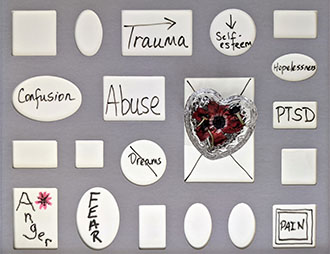
HOW DOES TRAUMA AFFECT THE BRAIN?
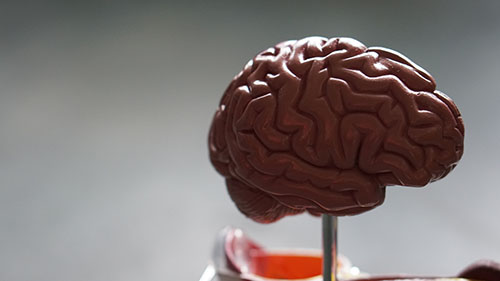
Trauma affects the neurobiology of the brain and actually changes our genetic makeup. A fascinating study demonstrated this by conditioning mice to pair a certain smell with receiving a shock. When the children of those mice were exposed to that smell, they exhibited a fear response–even though they’d never experienced the smell or shocks their parents had. Interestingly, when another study looked at differences in genetics, those who experienced trauma had changes in their RNA (which help build cells). In addition, we know the structures of the brain change for people who have experienced trauma, including a smaller hippocampus and amygdala. These parts of the brain regulate memory and emotion, which make the way one processes emotion more difficult for those who have had childhood trauma than those who have not.
WHAT ARE COMMON RESPONSES TO TRAUMA?
Responses to trauma can vary, but experiences of shock, denial, anger, and confusion are common. Frequently, individuals do not recognize events as traumatic until much after the event has passed. Because it has a variety of symptoms, trauma can also be disguised as other disorders or contribute to the development of other disorders, such as depression and anxiety. Scroll down to the bottom of this page for a list of some common trauma-related diagnoses.
Trauma can be experienced firsthand as events that happened to you, or trauma can be experienced secondhand by hearing about or seeing recordings of events that threaten you or others.
Individuals who are experiencing post-traumatic symptoms are not weak or more sensitive than others. Seeking help and working through traumatic feelings are signs of working to get to a place of thriving instead of just surviving life. Experiencing trauma does not mean you are defined by it.

TRAUMA RELATED DISORDERS
There are 7 types of trauma related disorders:

Post Traumatic Stress Disorder (PTSD)
You may experience symptoms including flashbacks, increased heart rate, sadness, irritability, avoidance of the location or thoughts related to the traumatic event, and dissociation8. The symptoms appear during the first month and last longer than one month following the trauma.
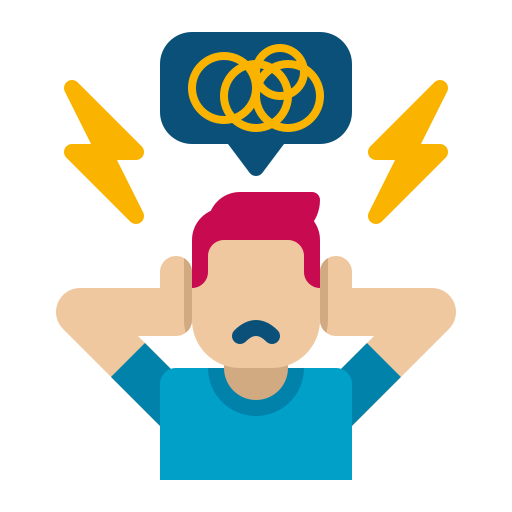
Adjustment Disorder
Lasts up to 6 months (with symptoms starting within center months of the event) that include events such as a breakup or job loss. These symptoms relate to sadness, worry, and avoiding social activities, school or work.

Stressor-Related Disorders
Show symptoms of the above disorder but do not meet the full diagnosis.

Other Trauma and Stressor Related Disorders
Show symptoms of the above disorder but do not meet the full diagnosis.
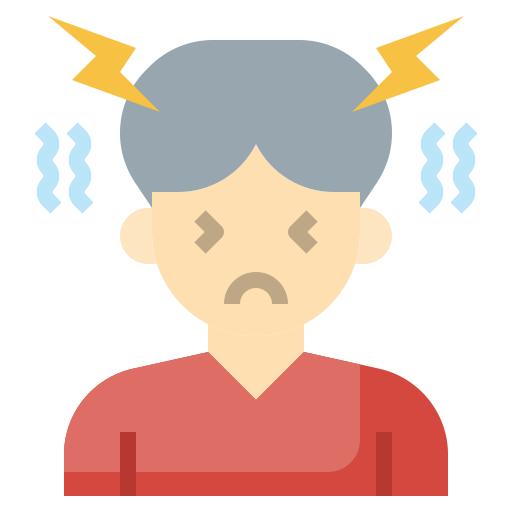
Disinhibited Social Engagement Disorder (in children)
This is a diagnosis for children whose symptoms are such that they want to physically and emotionally close to adults that are unfamiliar. This is diagnosed when symptoms last for 9+ months.
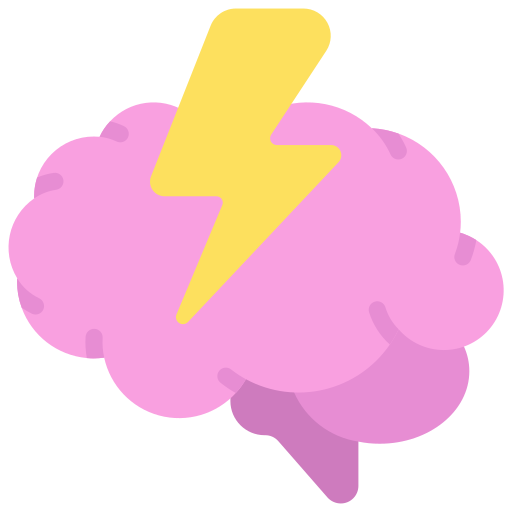
Reactive Attachment Disorder (in children)
This is another diagnosis only given to children. Children have difficulty regulating their emotions with outbursts of anger or sadness. Further, they might seem inconsolable. This is diagnosed when symptoms last 12+ months.
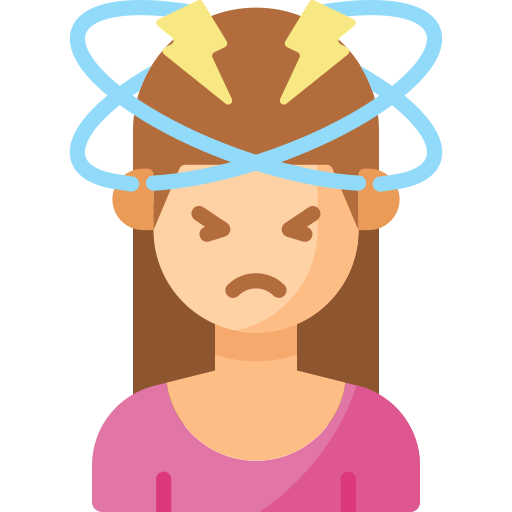
Acute Stress Disorder
You experience the same symptoms as in PTSD, but the symptoms last a month.
WHAT IS THE IMPACT OF TRAUMA?
These disorders affect a person individually and socially with friends, family members, at work or at school. People show signs of isolation due to being uncomfortable around others. They might stay at home when they used to go to social events. Additionally, they might avoid their feelings due to them being too overwhelming to process. In contrast, people might cry and scream, seemingly out of nowhere. When trying to fall asleep, a person who before slept peacefully now may have difficulty falling asleep. The disorders can affect concentration as well. This can also contribute to failing grades or difficulty completing deadlines at work.

“Anxiety, nightmares and a nervous breakdown, there’s only so many traumas a person can withstand until they take to the streets and start screaming.”
– Cate Blanchett’s character in Blue Jasmin
MANAGING TRAUMA SYMPTOMS
In order to manage these symptoms, therapy helps to make living life easier. People can learn to decrease the amount the traumatic or stressful event affects them, remain calmer throughout their reactions, socialize with friends more, focus on work and school and feel more comfortable leaving their house.
Some common therapies that are used to treat these diagnoses:
CBT or Cognitive Behavioral Therapy works with one’s negative beliefs, thoughts, emotions, and behaviors. Further, it targets how thoughts can form into cognitive distortions. This creates thinking patterns that minimize, leave out, focus on the negative outcomes, and perceives others’ emotions as negative responses to themselves. Therefore, CBT works to increase one’s awareness of their beliefs, thoughts, feelings and behaviors. In doing so, the person can understand themselves better, understand what is within their control, and create goals to change their thinking.
ACT or Acceptance and Commitment Therapy helps people through recognizing that distress is a part of life, and people can change their relationship to their thoughts and feelings. Core components include mindfulness-based practices, value work, and instilling actions that reinforce their values.
DBT or Dialectical Behavioral Therapy is a type of therapy that involves recognizing harmful strategies to cope with stress and trauma in healthier ways. The therapy includes mindfulness strategies, skills to manage distress, and understanding how stress affects your actions with others.
Through the process of grief and loss, people can develop ways to cope and mourn. Everyone processes trauma differently. Whether that be listening to music of a loved one, avoiding, focusing on the present and future, talking to other supportive people and religious practices.
REFERENCES
- www.scripts.com. Blue Jasmine. 2013. https://www.scripts.com/script/blue_jasmine_4368
- Carey B. Can we really inherit trauma? The New York Times. https://www.nytimes.com/2018/12/10/health/mind-epigenetics-genes.html Published December 10, 2018. Accessed March 15, 2022.
- Kleber RJ. Trauma and public mental health: A focused review. Frontiers in Psychiatry. 2019;10. doi:10.3389/fpsyt.2019.00451
- Mice can inherit learned sensitivity to a smell. ScienceDaily. https://www.sciencedaily.com/releases/2013/12/131202121544.html Published December 2, 2013. Accessed March 15, 2022.
- Trauma and Stressor-related disorders – virginia. http://vcoy.virginia.gov/documents/collection/018%20Trauma2.pdf Accessed March 16, 2022.
- Weissman DG, Lambert HK, Rodman AM, Peverill M, Sheridan MA, McLaughlin KA. Reduced hippocampal and amygdala volume as a mechanism underlying stress sensitization to depression following childhood trauma. Depression and Anxiety. 2020;37(9):916-925. doi:10.1002/da.23062
- Carli V, Mandelli L, Zaninotto L, et al. A protective genetic variant for adverse environments? The role of childhood traumas and serotonin transporter gene on resilience and depressive severity in a high-risk population. European Psychiatry. 2011;26(8):471-478. doi:10.1016/j.eurpsy.2011.04.008
- Fenn K, Byrne M. The key principles of cognitive behavioural therapy. InnovAiT. 2013;6(9):579-585. doi:10.1177/1755738012471029
- The Six Core Processes of Act | Association for contextual … https://contextualscience.org/the_six_core_processes_of_act Accessed March 16, 2022.
- About Us. Behavioral Research Therapy Clinics. https://depts.washington.edu/uwbrtc/about-us/dialectical-behavior-therapy/ Accessed March 15, 2022.
